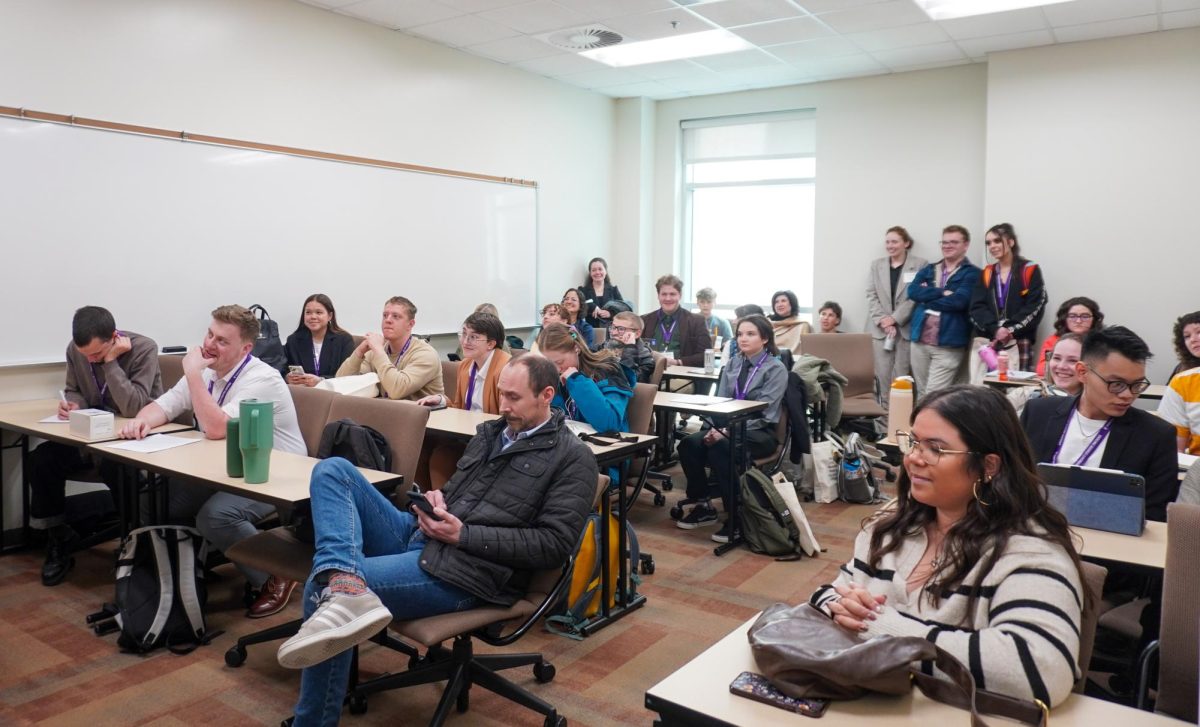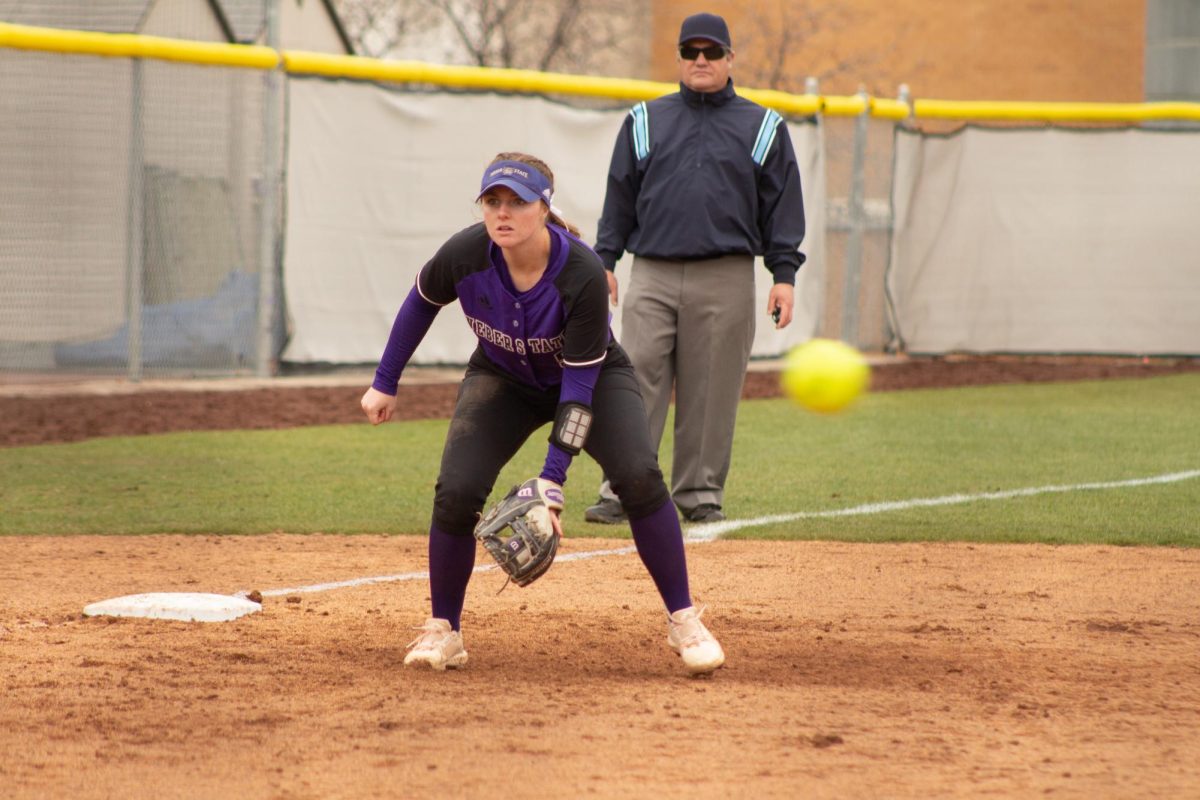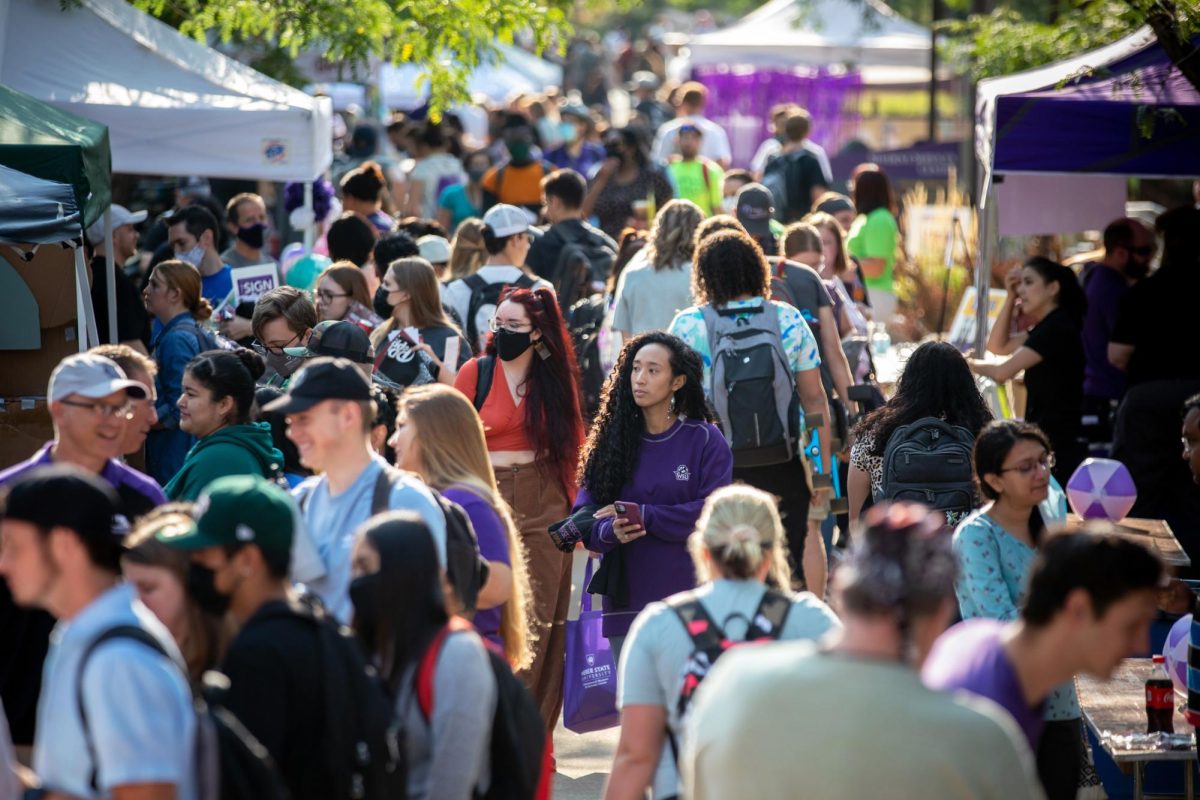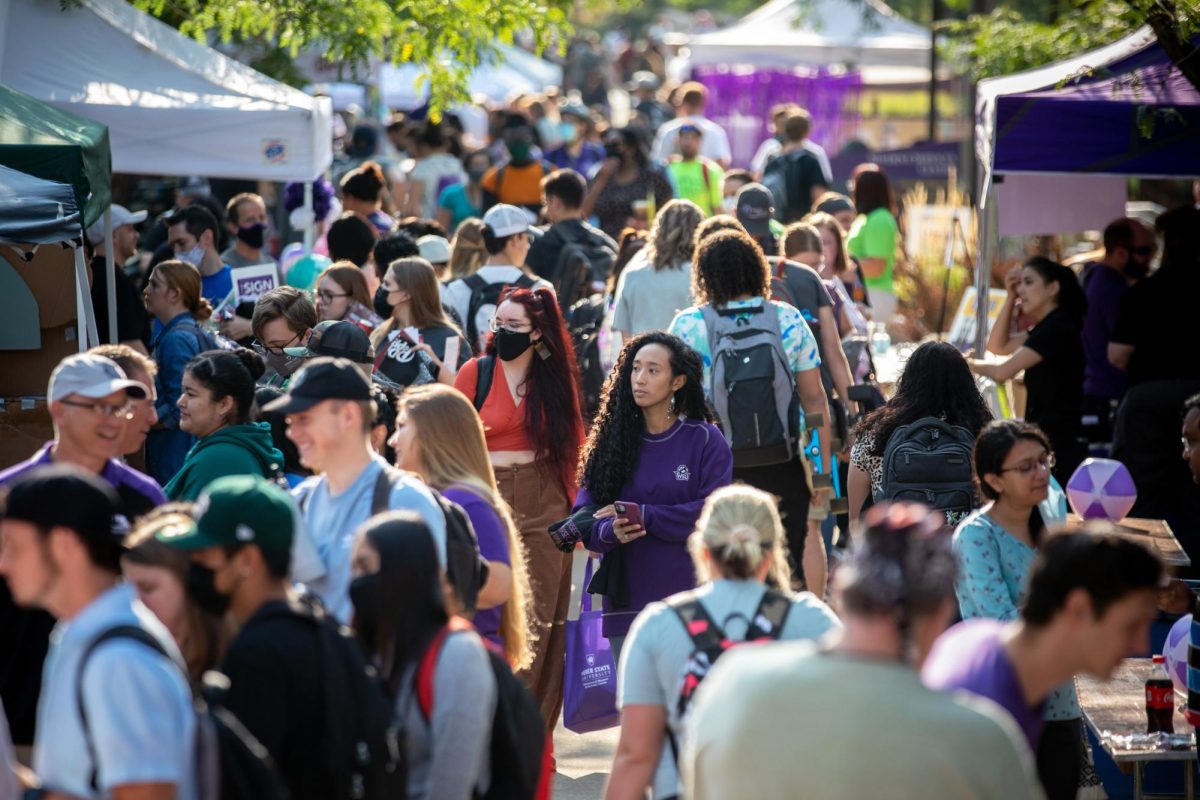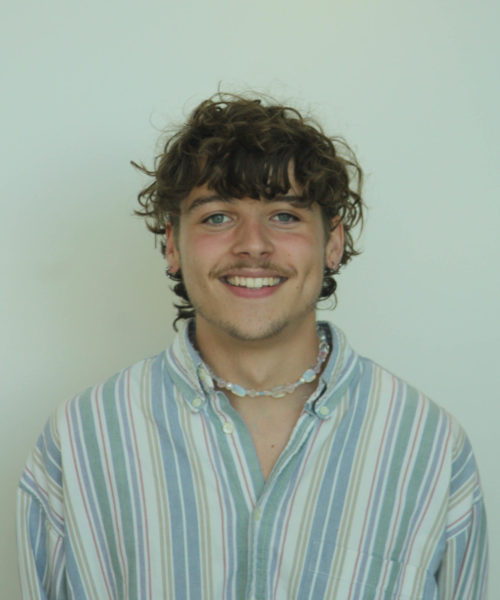Being a first-generation college student comes with its own unique challenges. According to Weber State University’s website, 39.1% of students identify as first-generation. There are specific resources that exist to accommodate the experiences of these students.

There are two departments at WSU that offer specific help to first-gen students: the Center for Multicultural Excellence and the First Generation Student Club. The Money Management Center, which helps any student through the FAFSA process, applying for any grants or loans and financial coaching, may be especially helpful to students whose parents are unfamiliar with the process of paying for college or are unable to help financially.
There is a first-generation student club that also emphasizes the support of these individuals. The club conducts activities that are service-based and is located in the Student Support Services Center.
Evangelina Marquez, outgoing president of the club and a WSU senior, will be graduating this upcoming spring. She says the goal of the club is to make first-generation students be seen and feel supported.
“We just want to let them know that we see them, even if they are just reaching the goal of making it to class,” Marquez said.
Amanda Nielsen, recruitment and retention coordinator of the SSS, advisor of the new Tri-Alpha Honors Society and advisor of the club, is engaging with the students and creating activities for the club based on the current needs of members.
“A sense of belonging is what keeps students retained in school, especially first-gen students who have unique experiences that shape them and their family’s future,” Nielsen said. “The club’s motive is to help keep them motivated in the academic environment.”

Nov. 8 was the national first-generation college celebration day, in which colleges across the country celebrate the progress of first-generation students.
“During this day, I took time to reflect and admire the other officers in the club and how far we have come in bringing an understanding platform to these students,” Marquez said.
On Nov. 20, the club will be holding a four-hour-long volunteering event at an Ogden shelter for youth experiencing homelessness. First-gen and low-income students in the club receiving a Pell Grant will also be able to go on a trip to Texas, which is funded by grants and private donations.
The club meets monthly and is also accessible to students remotely.
Another resource for first-gen students is the Center for Multicultural Excellence. The center has programs throughout K-12 schools to educate students on the college environment, mainly with students who are first-gen, ethnically diverse or low income.
Undocumented students are also a priority of the CME, helping them apply for private scholarships, dismantling the process of registering and receiving in-state tuition if they graduate from a Utah high school.

A bridge program exists in the center during the summer, where students are able to connect with different people and faculty on campus. They get a tour of the school and are informed about first-day integration into WSU.
Enrique Romo, assistant vice president of student affairs, has been at WSU for six years.
“We make sure every student, regardless of their background, has the whole spectrum of services available for them,” Romo said.
He listed other services they offer at the center, such as a retention program to help students stay determined to finish school, peer mentoring programs and LGBTQ resources.
“These services present opportunities to develop leadership skills in an informative environment, surrounded by students and faculty who can relate,” Romo said.
George Valdez, clinician and caseworker in the counseling center, is working on a strategy to create a support group with a focus on first-gen students.
“I want to provide support for these first-gen kids who have a lot of uncertainty and are without people to turn to,” Valdez said.

Valdez was a first-gen student himself, graduating from WSU in 2018 after studying psychology and neuroscience. Valdez later went to the University of Utah and graduated in May with his master’s degree in social work.
“I even doubted myself throughout my schooling to become a clinician because of all the insecurities and no one with prior experience who I could receive assistance from,” Valdez said.
He then came back to WSU and began working as a clinician in the counseling center with the idea of putting together this support group.
“We would discuss topics such as feeling like you aren’t good enough, providing support through highlighting strengths and how to stay on top of their education,” Valdez said.
Valdez plans to have the meetings in person, but wants the group to be accessible for those with concerns about COVID-19. He said the counseling center would function as a meeting place until a designated room becomes available.
The support group is still in a planning phase, and interested students can contact georgevaldez@weber.edu. For more information regarding first-gen student affairs, students can visit the first generation page of the WSU website.








